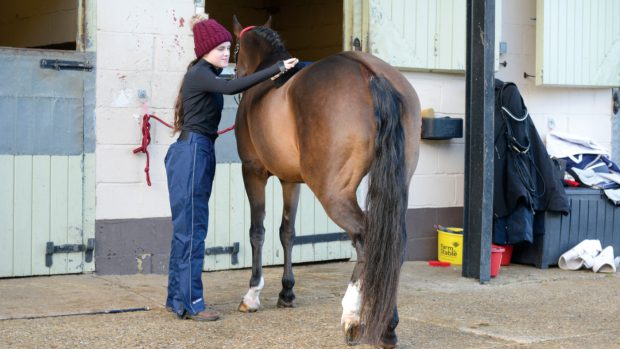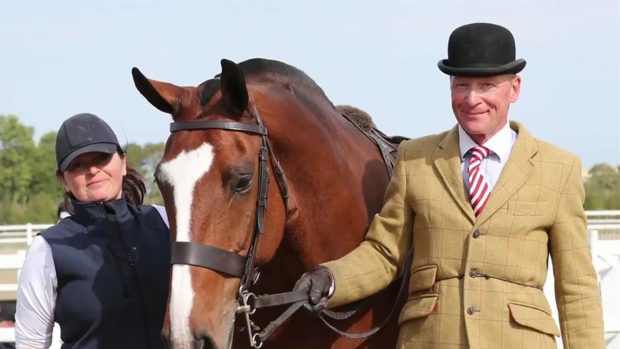More articles on equine businesses
Find an equine finance specialist
Q: I have heard that, since the Budget, the government has been waging a “war on tax dodgers” and that a harsh penalty system for income not declared is in place.
I have not been disclosing sales from my small stud to the taxman, as I do not make a profit. I am now worried that when I inform the tax office I will be misunderstood and incur large penalties. What shall I do?
MH, Cornwall
Essentially, you must inform HM Revenue and Customs (HMRC) about your situation and maintain records of income and outgoings in order to assess profit, and thus tax.
Guessing that your expenses exceeded your income is not a good enough excuse for the taxman!
What records do I need?
According to the HMRC, it’s important to keep information and paperwork about your tax and income.
If you don’t keep adequate records — and for long enough — you may be penalised.
If you are self-employed, you must keep business records for at least five years and 10 months after the end of the relevant tax year.
If you are a member of a business partnership, you must keep records for at least five years from the 31 January following the tax year for which the tax return is made.
How sympathetic are they?
Julie Butler of chartered accountants Butler & Co, based in Hampshire, suggests you take experienced, professional tax advice — and at a gallop.
“The harsh reality is that the taxman is always more sympathetic to disclosure by the taxpayer than discovery,” she said.
“The costs of any equine business are high. Try to produce simple accounts of income and expenses — these could include mortgage interest and staff costs, feed and depreciation of machinery used in the business, for example a horsebox or tractor.
“Tax is due on profit and, if a loss has been made, there should be no tax due. However, it is your responsibility to provide evidence to the taxman that there is indeed a loss.”
Information
Butler & Co, tel: 01962 735544 www.butler-co.co.uk
HMRC www.hmrc.gov.uk
This article was first published in Horse & Hound (6 May, ’10)
Looking for more articles on equine businesses?
Find an equine finance specialist with our Equestrian Business Finder




